We know it's best for tamariki and rangatahi to stay safely at home. Our first goal is to work with parents, whānau, hapū and iwi to prevent children and young people from coming into our care.
In situations where staying at home isn’t possible, we take a whānau first approach. We seek to find a safe, stable and loving home within a child's wider whānau, hapū, iwi or family group.
When this is not an option, we may ask approved non-whānau foster carers/caregivers to provide temporary care for tamariki and rangatahi, while we work with parents and whānau to create a safe environment for them to live in.
We need caregivers from all walks of life who can open their hearts and homes to tamariki and rangatahi. The rewards are great if you have aroha, patience and an open mind.
Care is usually provided in the caregiver’s home, but there are also some foster carers who care in home environments provided by Oranga Tamariki.
-
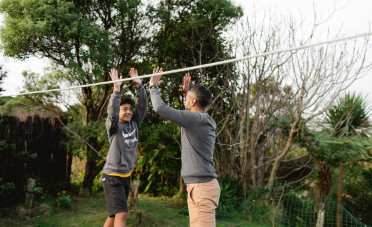
We find and support the right foster carers/caregivers to provide safe, stable, loving homes for tamariki and rangatahi in need of care.
-
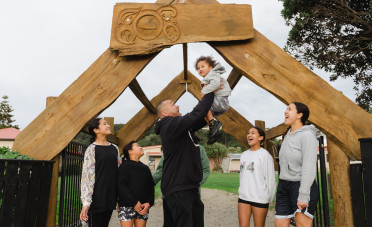
Oranga Tamariki caregivers are both whānau and non-whānau, and they all provide a range of care options for tamariki.
-
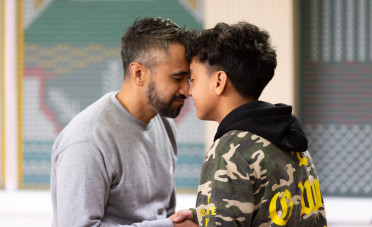
Becoming a caregiver can be a big decision for you and your whānau. It’s a very important role which is why there are several steps.
-
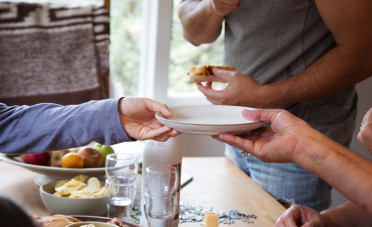
Caregivers have told us that people who look after tamariki do it because they want to make a difference. Being a caregiver is voluntary, with financial help provided to meet the day-to-day expenses that looking after a tamaiti or rangatahi involves.
-
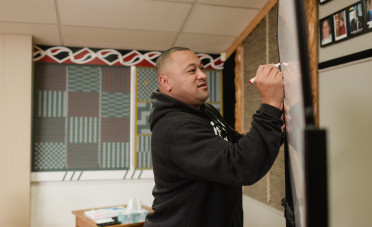
We will give you learning opportunities and practical support, along with the trust and confidence you need to focus on providing quality care, aroha, and a sense of belonging to the tamariki and rangatahi in your care.
-
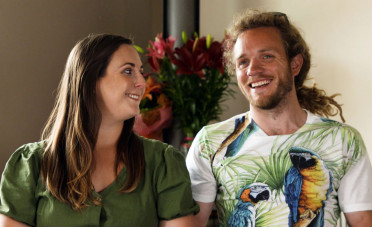
We interviewed some Oranga Tamariki caregivers from around the country to tell their story and why they chose to become caregivers.
Published: March 21, 2017 · Updated: May 22, 2024

